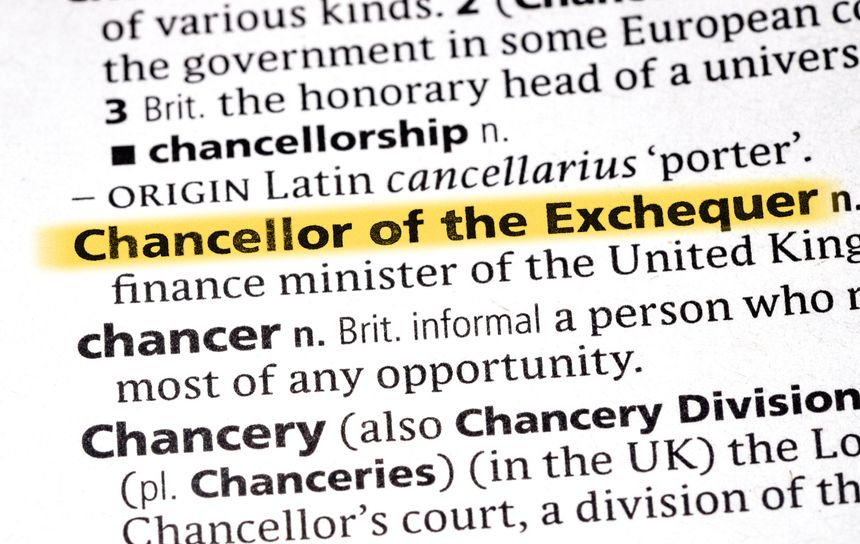Looking ahead to the Budget - Could ‘Most Hated’ Tax Could Soon Be Treasury’s Most Costly
Inheritance Tax (IHT) has long been regarded as the UK’s most unpopular tax, but new figures suggest it could also become one of the most expensive for HMRC to collect.
Through a Freedom of Information request, we discovered that in 2023–24, the cost of collecting £1 of IHT was 0.67p—just 0.02p less than Income Tax (0.69p). That gap is so narrow that even modest increases in administrative costs, driven by new reliefs, exemptions, and compliance requirements, could make IHT the least efficient major tax in the UK.
Why does this matter? Behind these costs lies enormous complexity. Accurate valuations are already challenging, and from next April, farms and businesses will require even more detailed assessments. Then, in 2027, pensions assets will be brought more clearly within the scope of IHT, adding yet another layer of difficulty.
If these changes go ahead, IHT could soon become not only the most unpopular tax but also the least efficient, costing more to collect, pound for pound, than any other.
While complexity seems inevitable, the consequences don’t have to be. With proactive estate planning, families can still take steps to protect their wealth—but it’s crucial not to leave it too late.
These figures also highlight a real risk: further tinkering could make the system even less efficient and more burdensome for families and HMRC alike. As we approach the Autumn Budget, now is the time for stability, not more complexity.
From April 2026, major changes will introduce a £1 million cap on Agricultural and Business Property Reliefs, with any value above this qualifying for only 50% relief. Then, from April 2027, pensions will come into scope. These reforms will reshape the landscape—and they will come at a cost.

